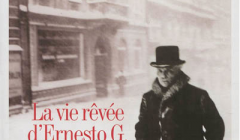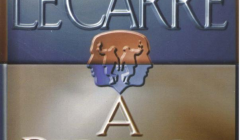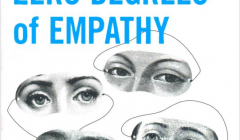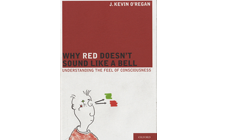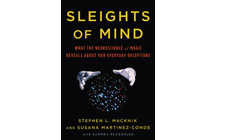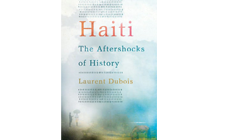Because I have had so little time to write here about books I have read in 2013, but have still (fortunately) had time to read some, I thought I would make a list of some of the most memorable, without necessarily adding much commentary.
In the following; books given 5 Stars are enthusiastically recommended, and are on a part with the other books on my “Recommended books” page. But I will mention some others with lower ratings that are nevertheless interesting.
Some of these books were published in 2013 but not all. Books are in alphabetical order of author, five stars first then four stars.
I start with a few I can remember and will add more between now and Christmas, and hope to add a short commentary to each title before then.
* * * * *
Craig Childs: The Secret Knowledge of Water: “There are two easy ways to die in the desert: thirst and drowning”. A strange and touching memoir of one man’s quest to find hidden water in the deserts of the South-Western United States.
Paul Collier: Exodus: How Migration Is Changing Our World
Sebastian Faulks: Jeeves and the Wedding Bells
Jonathan Haidt: The Righteous Mind: Why Good People are Divided by Politics and Religion
Michel Houellebecq: La Carte et le Territoire
P.D. James: Death Comes to Pemberley
Barbara Kingsolver: The Poisonwood Bible
Jon Krakauer: Under the Banner of Heaven: A Story of Violent Faith
Dany Laferiere: Comment Faire l’Amour à Un Nègre Sans Se Fatiguer
Hilary Mantel: Wolf Hall and Bring Up The Bodies: Magnificent first and second books in a trilogy about Thomas Cromwell, chief counselor to King Henry 8th. Fascinating from many points of view, including for a subtle portrait of the corrupting effects of power. At the beginning Cromwell is apparently quite upset to hear about the effects of torture on heretics, while by the end of the first book he is sending political opponents to the stake or the executioner’s block, not exactly without a qualm but with a matter-of-fact acceptance that this follows from the policies to which he has become committed. Shows that the best way to make someone do something morally troubling is not to give them good arguments but simply to insinuate to them that it is the logical consequence of something else they have already decided to do. The second book sees this deadly logic applied to the destruction of Anne Boleyn.
Jan Morris: Conundrum
Siddhartha Mukherjee: The Emperor of All Maladies: A Biography of Cancer
Chris Stringer: Lone Survivors: How We Came to Be the Only Humans on Earth
Alison Wolf: The XX Factor: How Working Women are Creating a New Society
* * * *
Alison Booth: Stillwater Creek
Jeffrey Eugenides: The Marriage Plot
Richard Powers: Gain
Bhisham Sahni: Tamas
Sheryl Sandberg: Lean In: Women, Work and the Will to Lead
Richard Trivers: The Folly of Fools: The Logic of Deceit and Self-Deception in Human Life
* * *
Richard Rhodes: Hedy’s Folly: The Life and Breakthrough Inventions of Hedy Lamarr, the Most Beautiful Woman in the World


